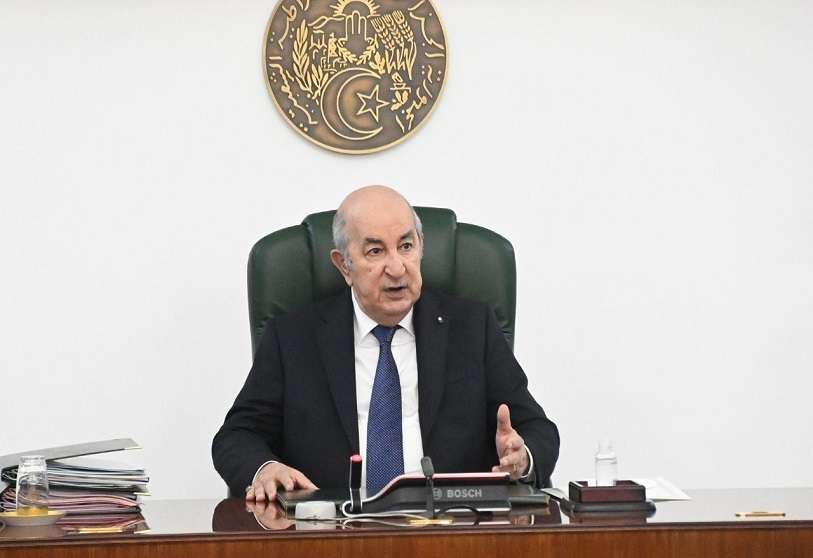Cien mil dólares en ayudas argelinas explican el ataque del nieto de Nelson Mandela a Marruecos

Zwelivelile Mandela, nicknamed Mandla, grandson of Nelson Mandela, has sparked criticism for unfortunate statements in which he attacked the integrity of Morocco, stating that it must "fight to free the Sahara from injustice". He also said that what he called "the last colony that exists in Africa" should not be forgotten. These words, pronounced during the opening ceremony of the U-17 Africa Cup of Nations 2023, could be explained by a financial agreement whereby Algeria would provide just over 100,000 dollars for a project in South Africa that Mandla himself is promoting.
The words of Mandela's grandson generated great discontent in the Moroccan government, as could not be otherwise. A sporting event of this nature should not be the occasion for an attack like the one Mandela launched. However, the information published exclusively by Maghreb Intelligence seems to shed light on this controversial issue. And it all starts from the moment when Mandla's statements are cautiously prepared in line with Algiers. Indeed, according to Algerian sources, Mandela had been negotiating for weeks with Algerian authorities to finalise an agreement on the speech that was to take place in Algiers' Baraki stadium.
Mandla Mandela, nieto de Nelson Mandela llama a los pueblos africanos a luchar por la liberación de la última colonia en Africa, el Sáhara Occidental. pic.twitter.com/4CE53bqzR3
— Taleb Alisalem (@TalebSahara) January 15, 2023
But the essential motive behind this agreement to attack Rabat was economic. Algeria is said to have reached an agreement with Mandela Mandela to provide a sum in excess of 100,000 dollars for the implementation of a project in South Africa. The aim of the pan-African foundation would be to lobby for the "freedoms of the African people" in the fight against "all forms of imperialism". Moreover, according to Maghreb Intelligence, the initiative is intended in the short term to expand beyond South Africa's borders.
According to Algerian sources, this might not be the last act in the service of the Algerian executive. The agreement involves maintaining support for Algiers during its next media interventions, including backing the decisions and projects implemented by the government of Abdelmajdid Tebboune. Hence, many point to this attack as just Mandela's first sign of what will be a constant with what they call "his Algerian friends".

The Royal Moroccan Football Federation (RFMF) has not stood idly by and expressed its displeasure at the statement, which it considers to contain "racist expressions directed against Moroccan fans". It also announced that it had written to the federation to take responsibility for what it considers to be a flagrant violation of the laws governing sporting events played under the CAF flag. Many journalists present at the event criticised this attack by Mandela, which they say has nothing to do with sport.
It becomes even more important when one considers that this is a competition in which the players are not even over the age of majority. This has led to widespread criticism of Mandela on social media from many quarters, who consider his words to be totally out of place. What seems clear is that the international community has rejected this attack in a context that has nothing to do with politics and which, in light of the motives behind the words, leaves the figure of Mandela and the Algerian authorities even more damaged.








